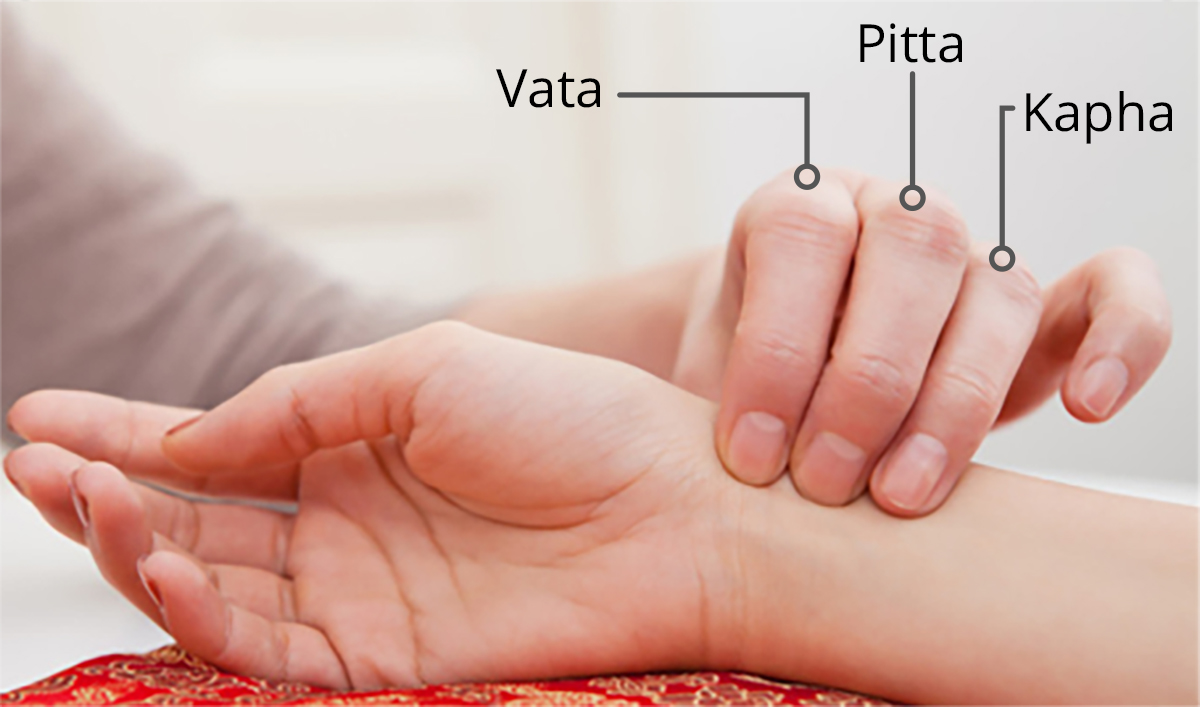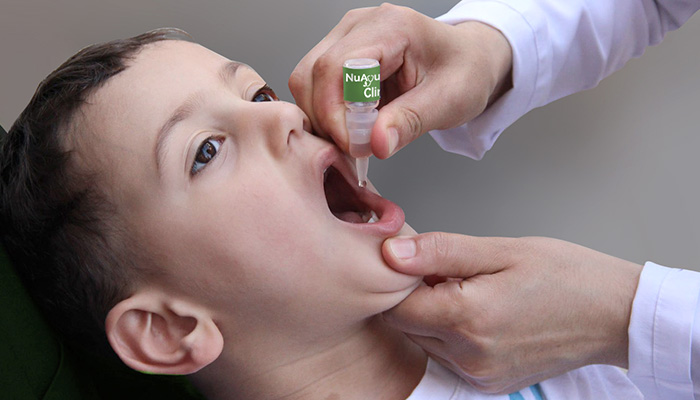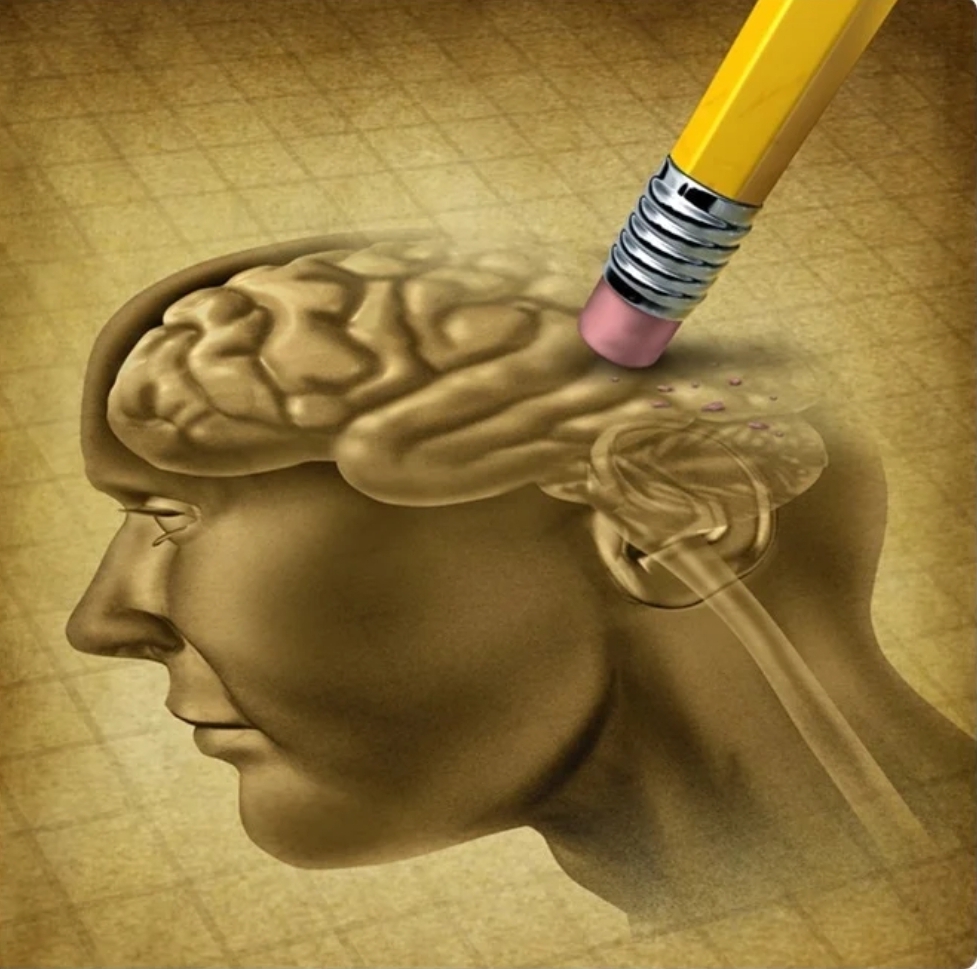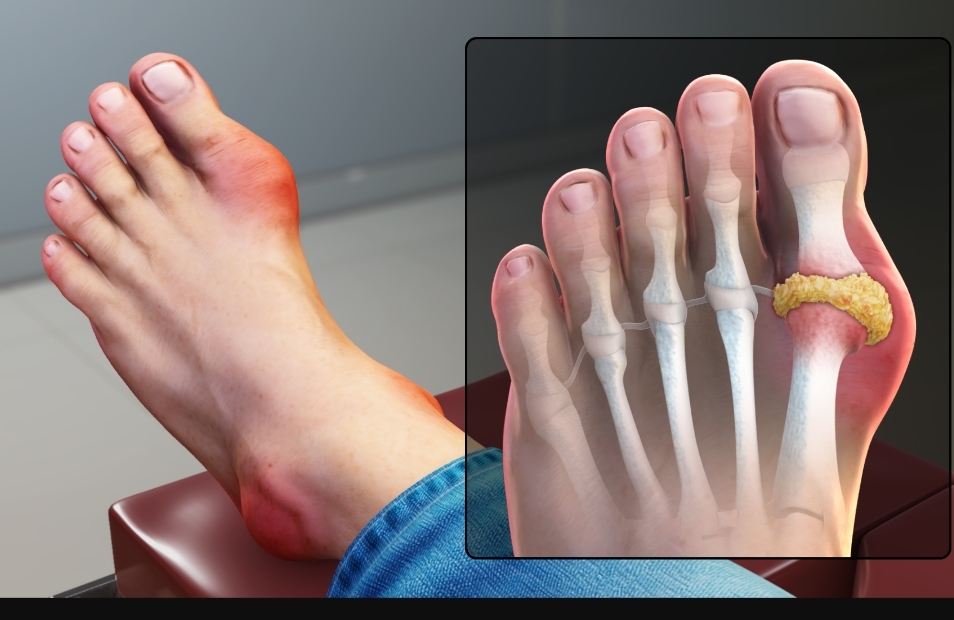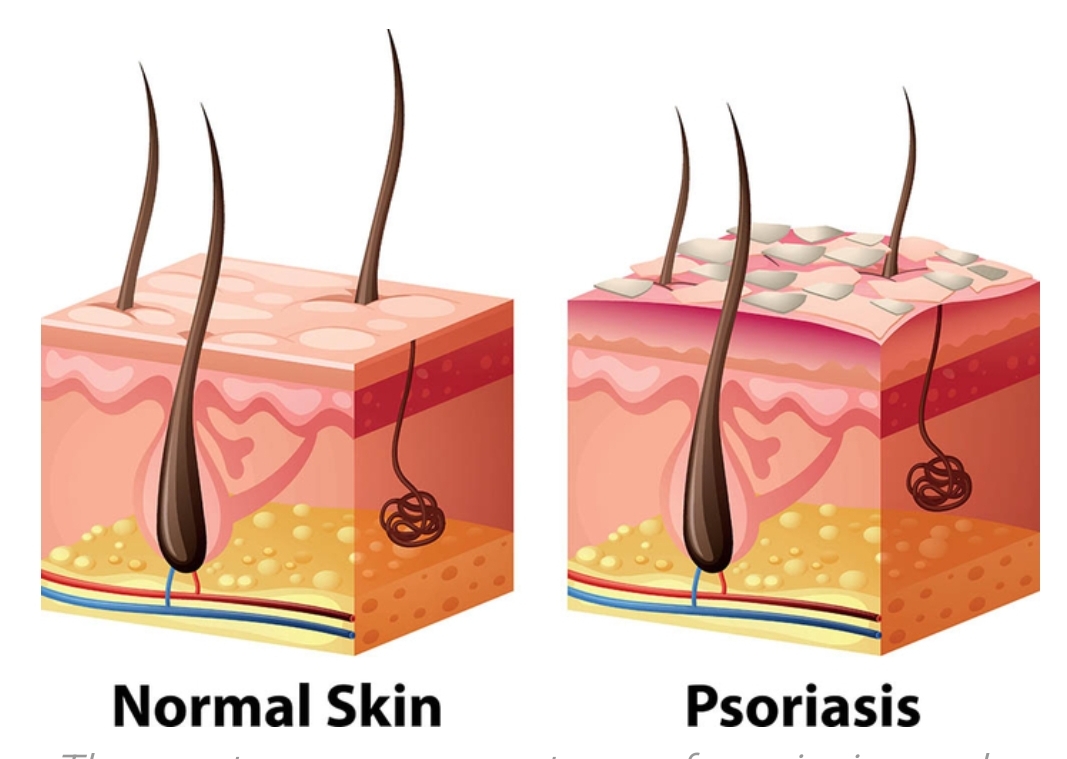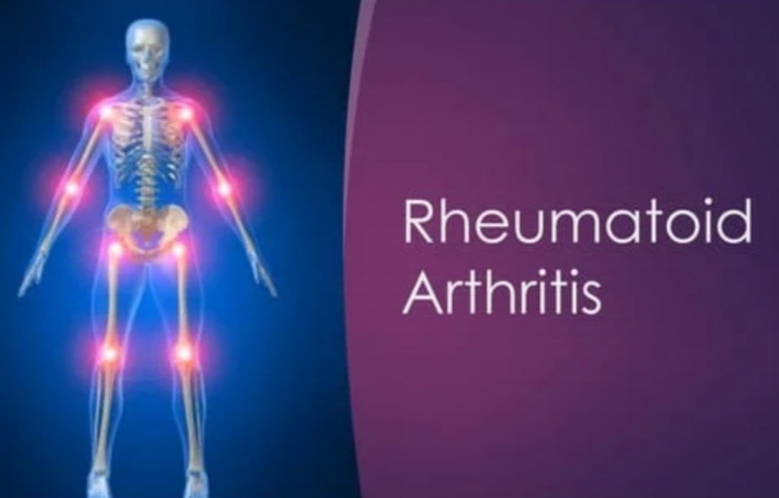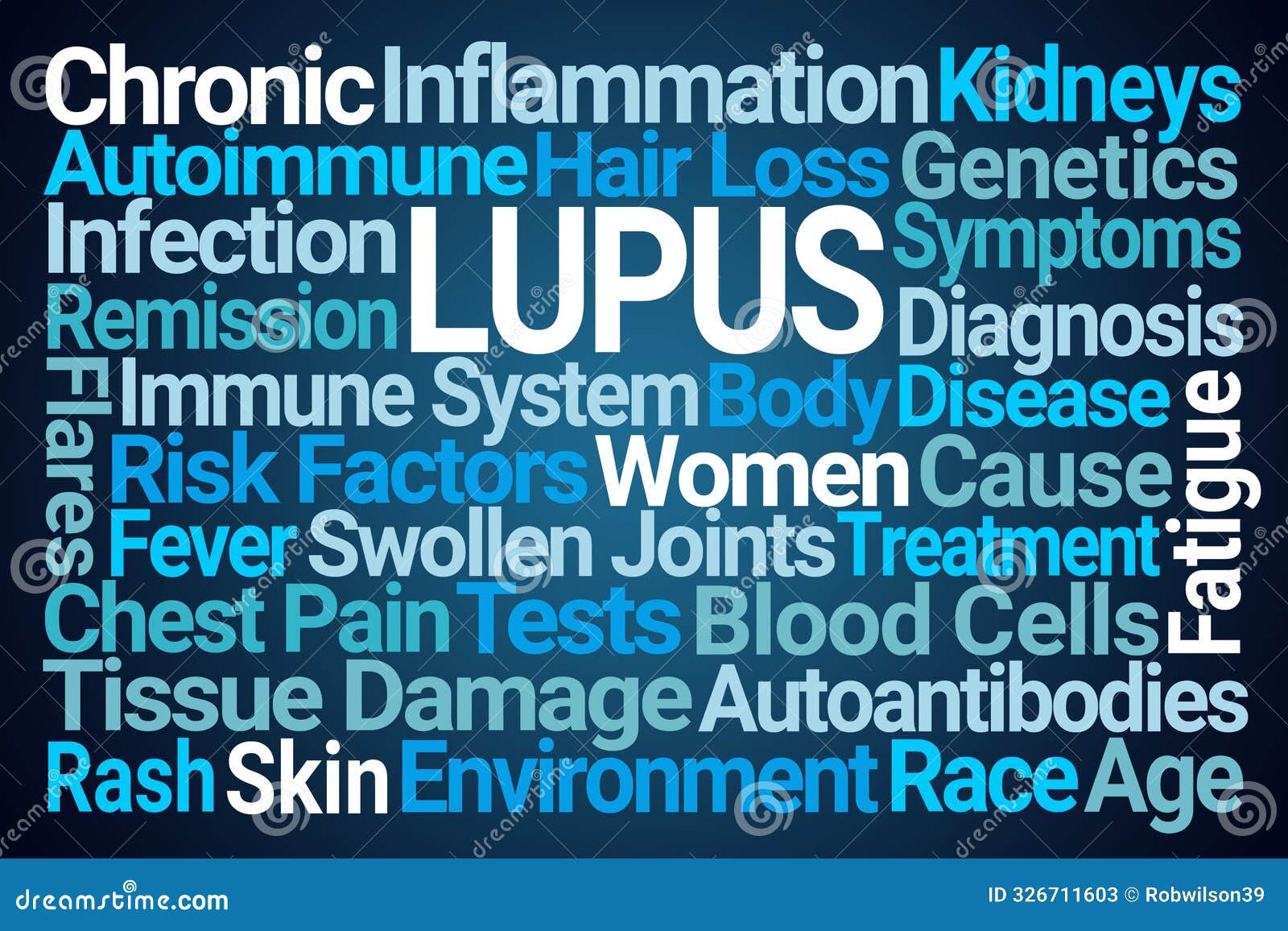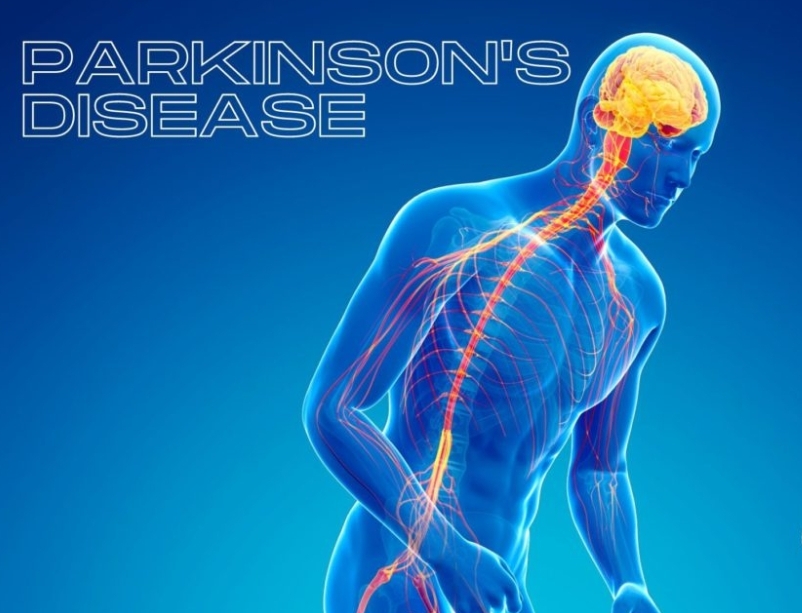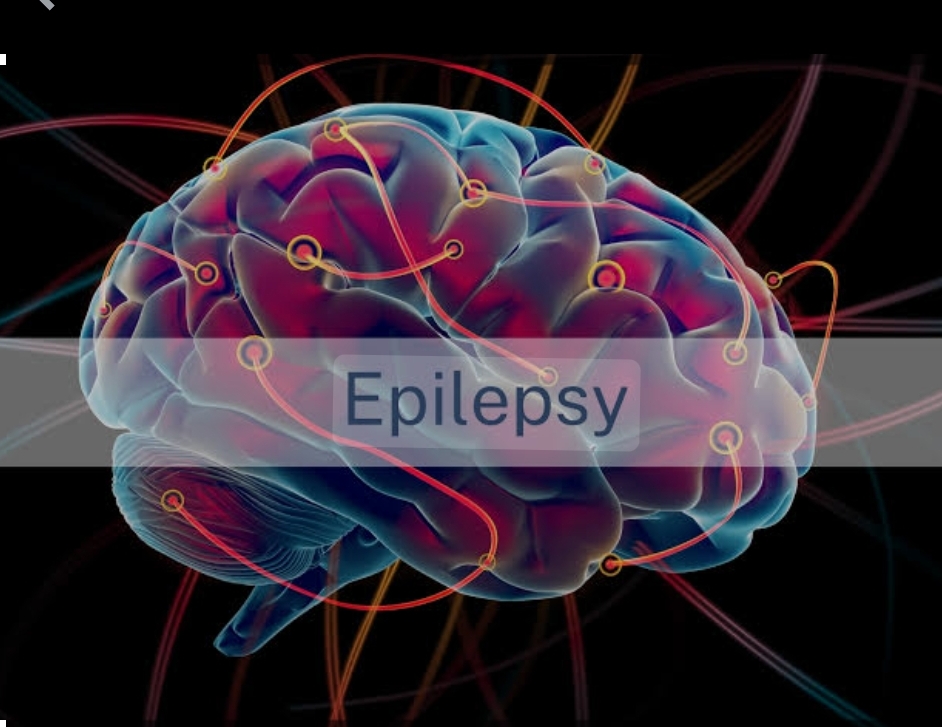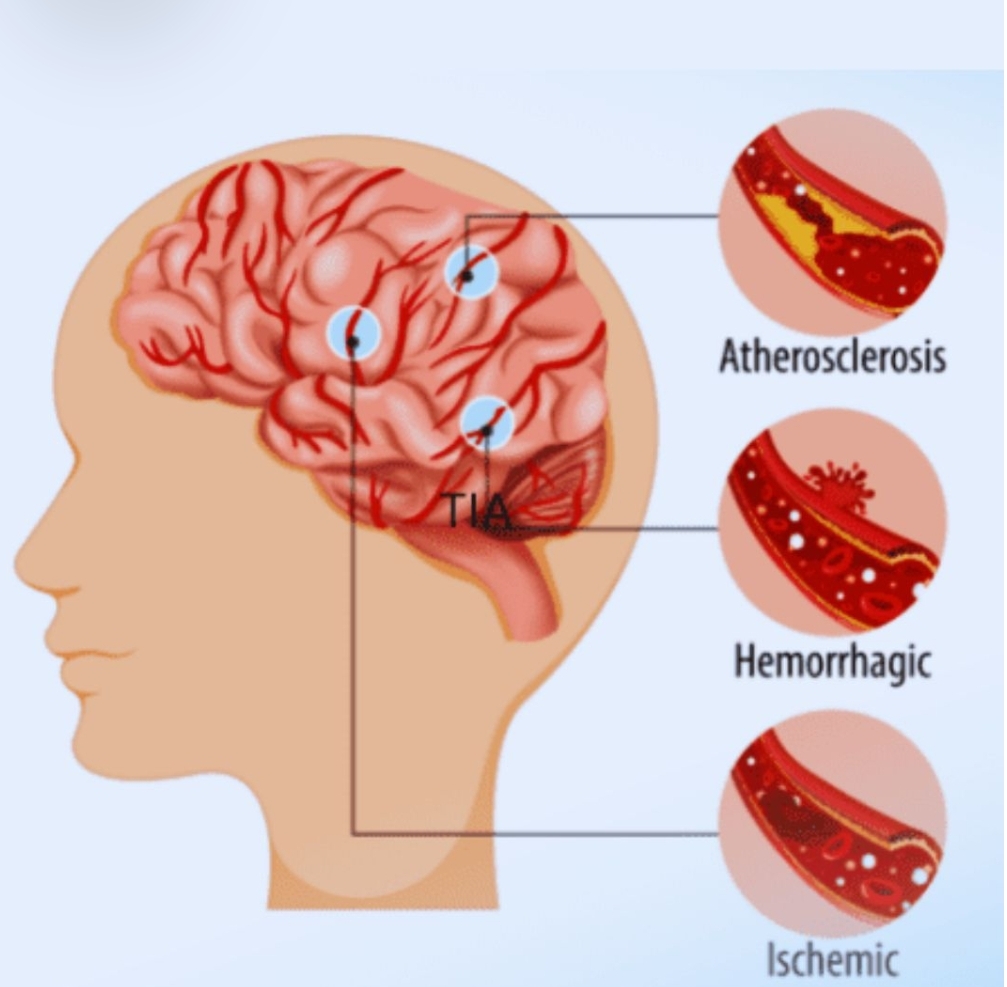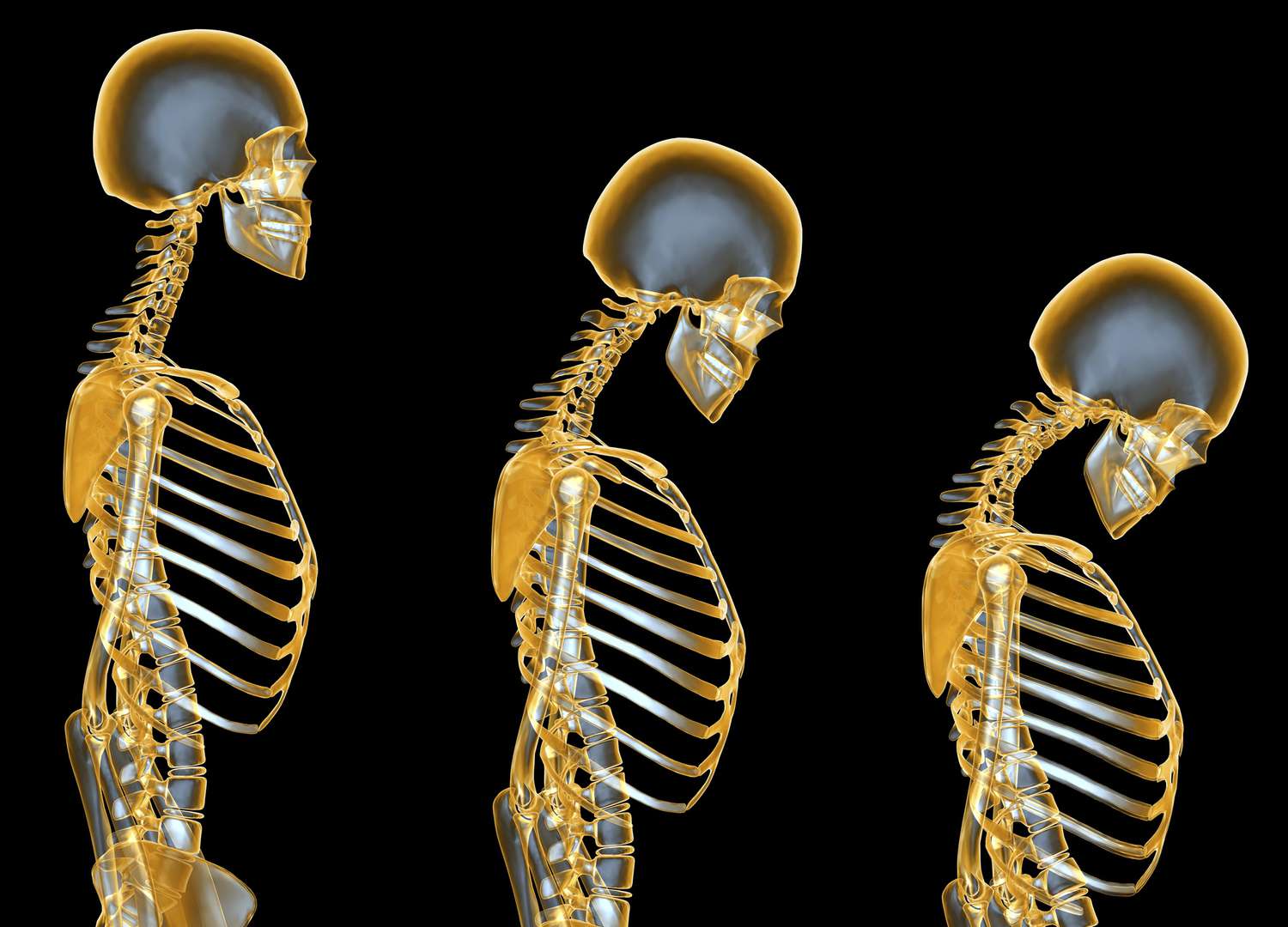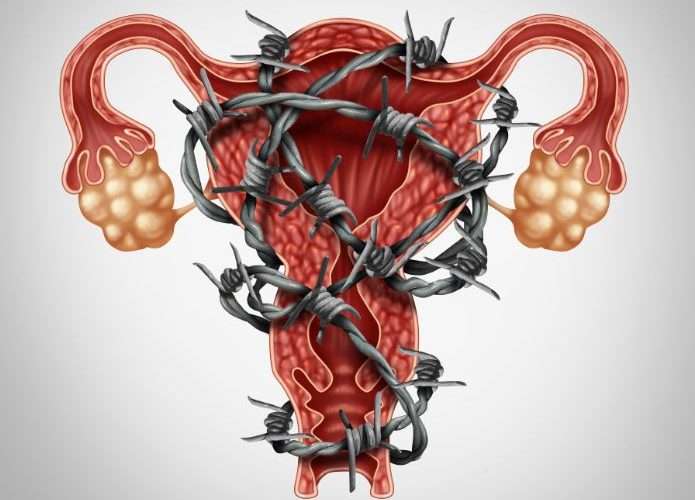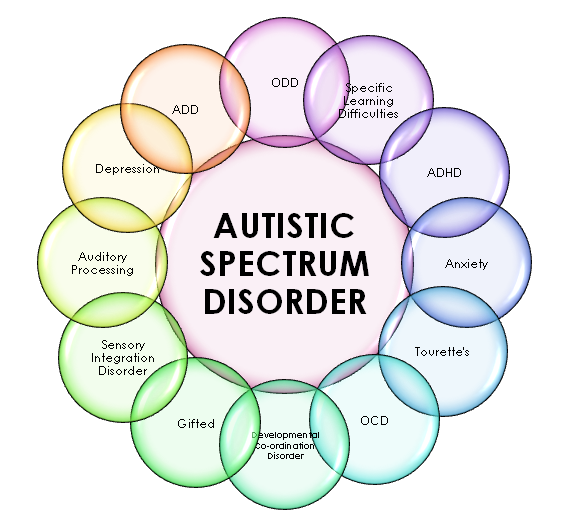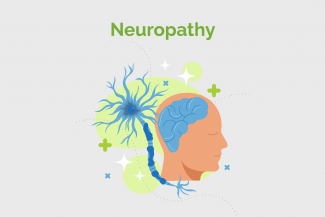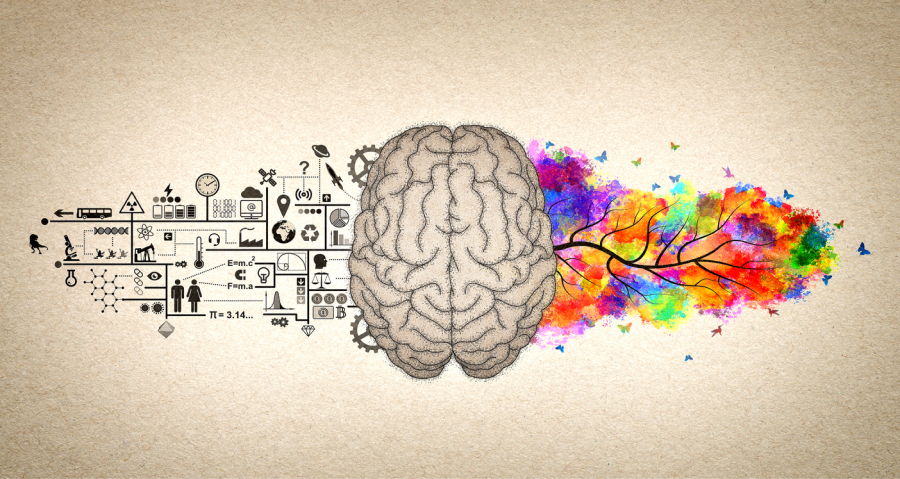
Depression
Depression is a mental health disorder characterized by persistent feelings of sadness, hopelessness, and loss of interest in activities. It affects mood, cognition, and physical well-being, impacting daily life and relationships. At Gayatri's Heritage Ayurveda,we have speciality treatment procedures to treat depression and other physciatric disorders.
Causes of Depression
Depression is a complex condition with multiple causes:
1. Genetics: Family history and genetic predisposition.
2. Brain Chemistry: Imbalance of neurotransmitters (serotonin, dopamine).
3. Life Events: Trauma, stress, loss, or significant changes.
4. Medical Conditions: Chronic illness, pain, or medication side effects.
5. Hormonal Changes: Thyroid disorders, menopause, or pregnancy.
6. Substance Abuse: Alcohol or drug addiction.
7. Social Factors: Social isolation, lack of support.
Symptoms of Depression
Common symptoms include:
1. Persistent sadness or emptiness
2. Loss of interest in activities
3. Changes in appetite or sleep
4. Fatigue or low energy
5. Difficulty concentrating
6. Feelings of guilt or worthlessness
7. Physical pain or headaches
Diagnosis and Tests
Diagnosis involves:
1. Physical exam to rule out underlying medical conditions.
2. Psychological evaluation: questionnaires and interviews.
3. Diagnostic criteria: DSM-5 (Diagnostic and Statistical Manual of Mental Disorders, 5th Edition).
4. Blood tests: to check for thyroid or other hormonal imbalances.
5. Imaging tests (e.g., MRI): to rule out neurological conditions.
Types of Depression
1. Major Depressive Disorder (MDD)
- Severe, persistent depression lasting ≥2 weeks
- Impairs daily life, relationships, and work
- Symptoms: persistent sadness, loss of interest, changes in appetite/sleep, fatigue, guilt/worthlessness
2. Persistent Depressive Disorder (PDD)
- Low-grade depression lasting ≥2 years
- Less severe than MDD, but longer duration
- Symptoms: persistent sadness, hopelessness, low self-esteem, changes in appetite/sleep
3. Postpartum Depression (PPD)
- Depression occurring after childbirth (up to 1 year postpartum)
- Hormonal changes, sleep deprivation, and emotional stress contribute
- Symptoms: sadness, anxiety, mood swings, difficulty bonding with baby
4. Seasonal Affective Disorder (SAD)
- Depression occurring during winter months (Oct-Mar)
- Lack of sunlight affects serotonin levels
- Symptoms: lethargy, fatigue, social withdrawal, cravings for carbohydrates
5. Bipolar Disorder
- Mood swings between depression and mania/hypomania
- Manic episodes: elevated mood, energy, impulsivity
- Depressive episodes: persistent sadness, loss of interest
6. Dysthymia (Chronic Depression)
- Low-grade depression lasting ≥2 years
- Less severe than MDD, but persistent
- Symptoms: persistent sadness, hopelessness, low self-esteem
7. Atypical Depression
- Depression with unusual symptoms:
- Weight gain or increased appetite
- Hypersomnia (excessive sleep)
- Heavy or leaden feeling in arms/legs
- Sensitivity to rejection
8. Melancholic Depression
- Severe depression with:
- Loss of pleasure in activities
- Weight loss or anorexia
- Insomnia or hypersomnia
- Psychomotor retardation (slow movement)
9. Psychotic Depression
- Depression with psychotic symptoms:
- Hallucinations
- Delusions
- Disorganized thinking
10. Situational Depression
- Depression triggered by specific life events:
- Trauma
- Loss
- Stress
- Significant changes
Other forms of depression:
- Adjustment Disorder with Depressed Mood
- Depressive Personality Disorder
- Post-Traumatic Depression
Ayurveda treatment for depression:
Ayurvedic Understanding of Depression
In Ayurveda, depression is known as "Vishada" or "Kaphaja Unmada." It's believed to result from:
1. Imbalance of Doshas (Vata, Pitta, Kapha)
2. Aggravation of Kapha dosha
3. Vitiation of Prana (life force)
4. Imbalance of digestive fire (Agni)
Ayurvedic Treatment Principles
1. Balance Doshas through diet, lifestyle, and herbs
2. Enhance Prana and Agni
3. Reduce Kapha dosha
4. Support mental health with Rasayana (rejuvenating) herbs
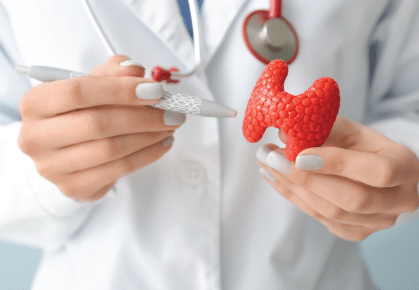


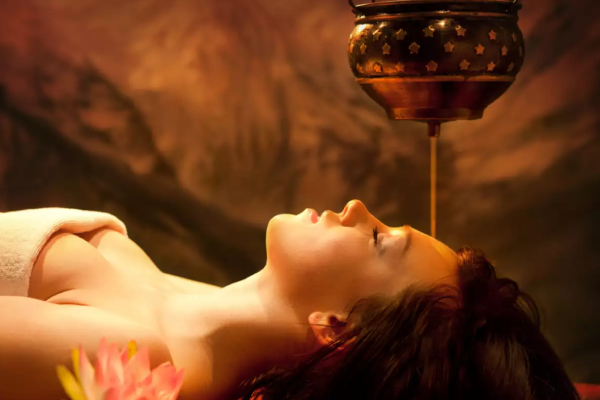


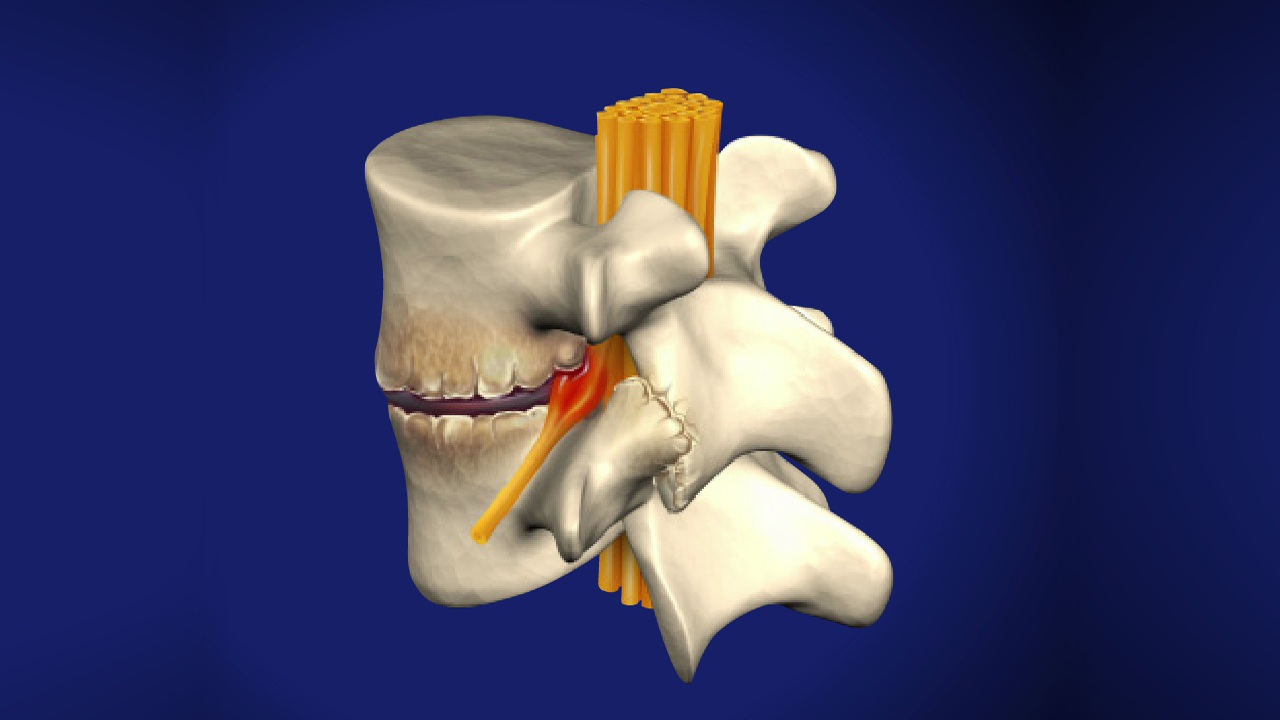
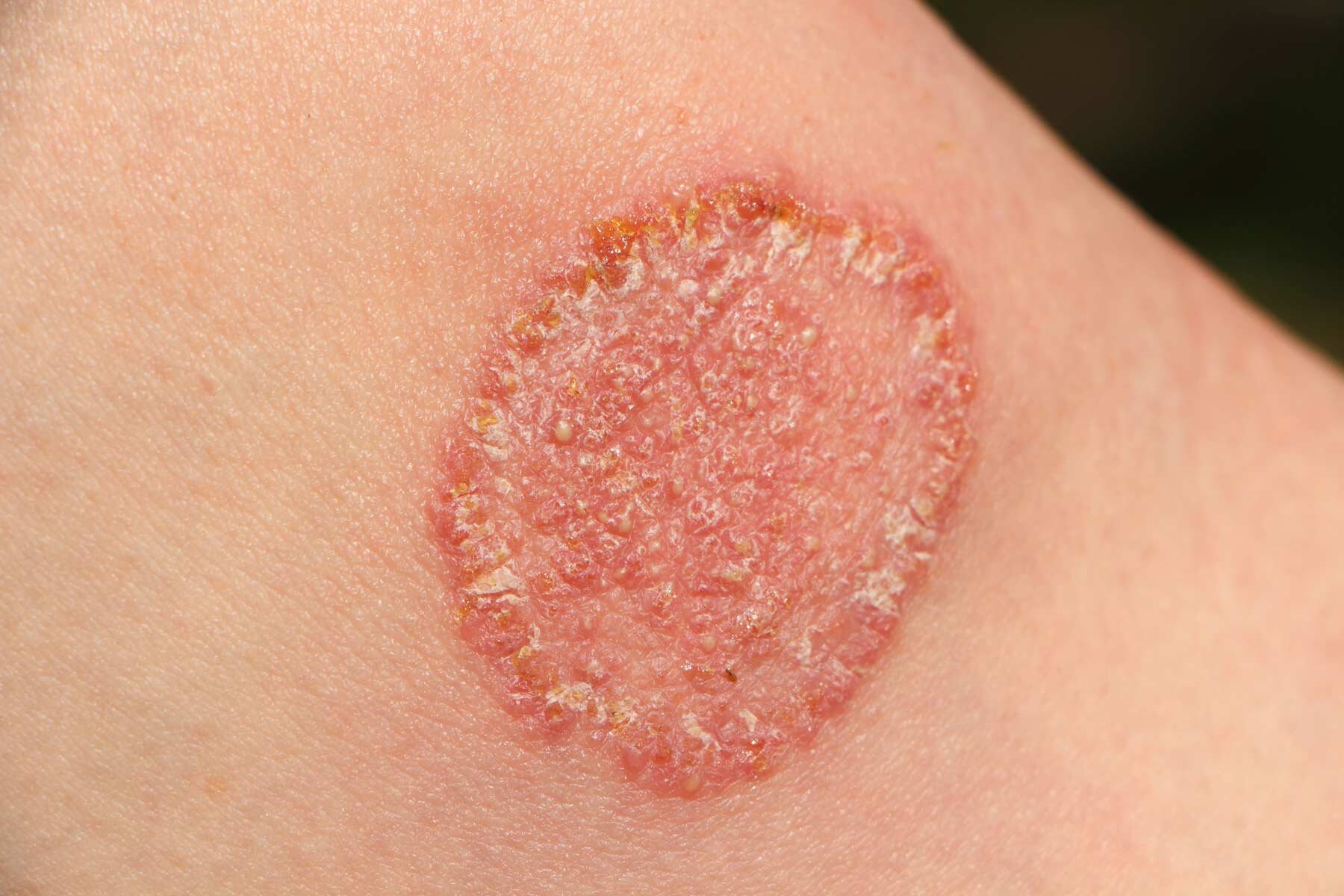
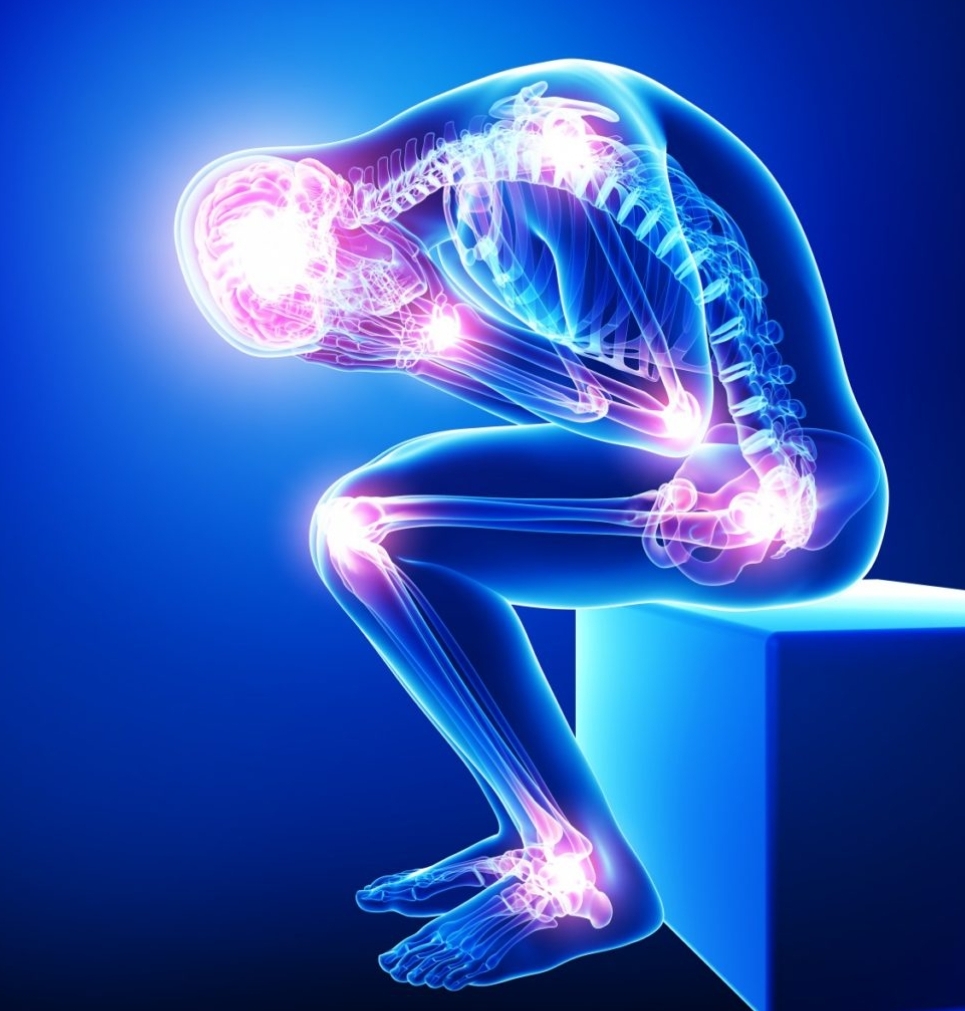
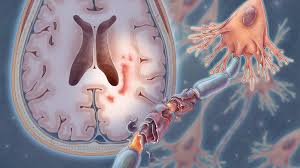
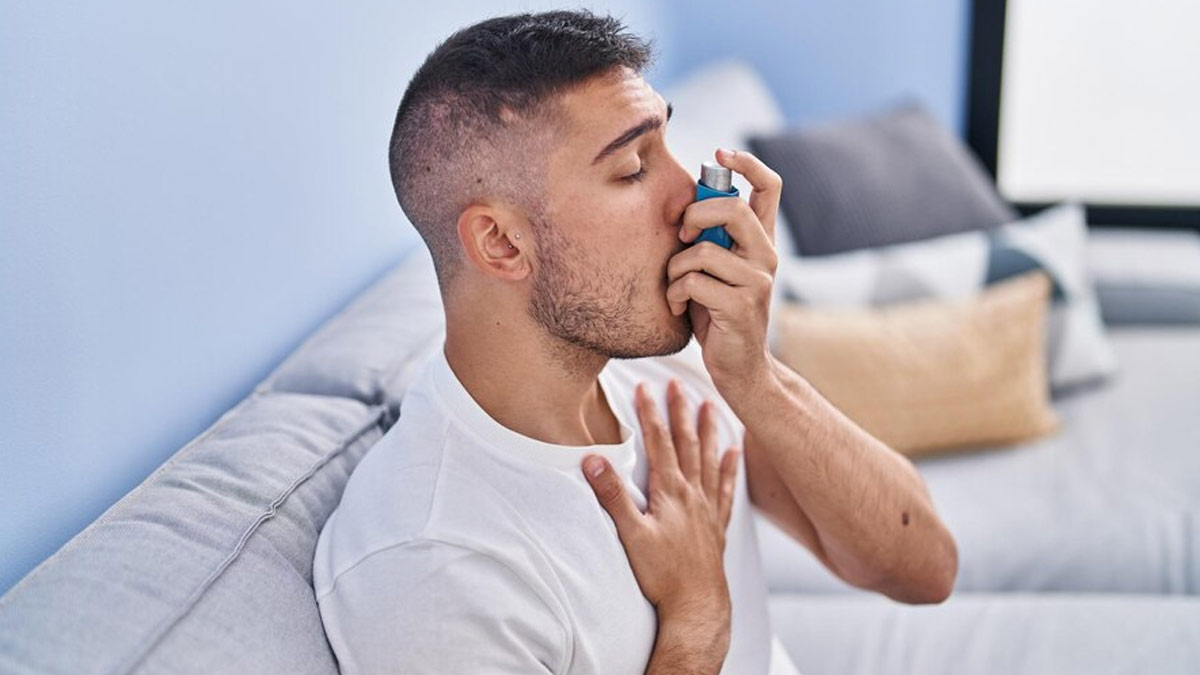
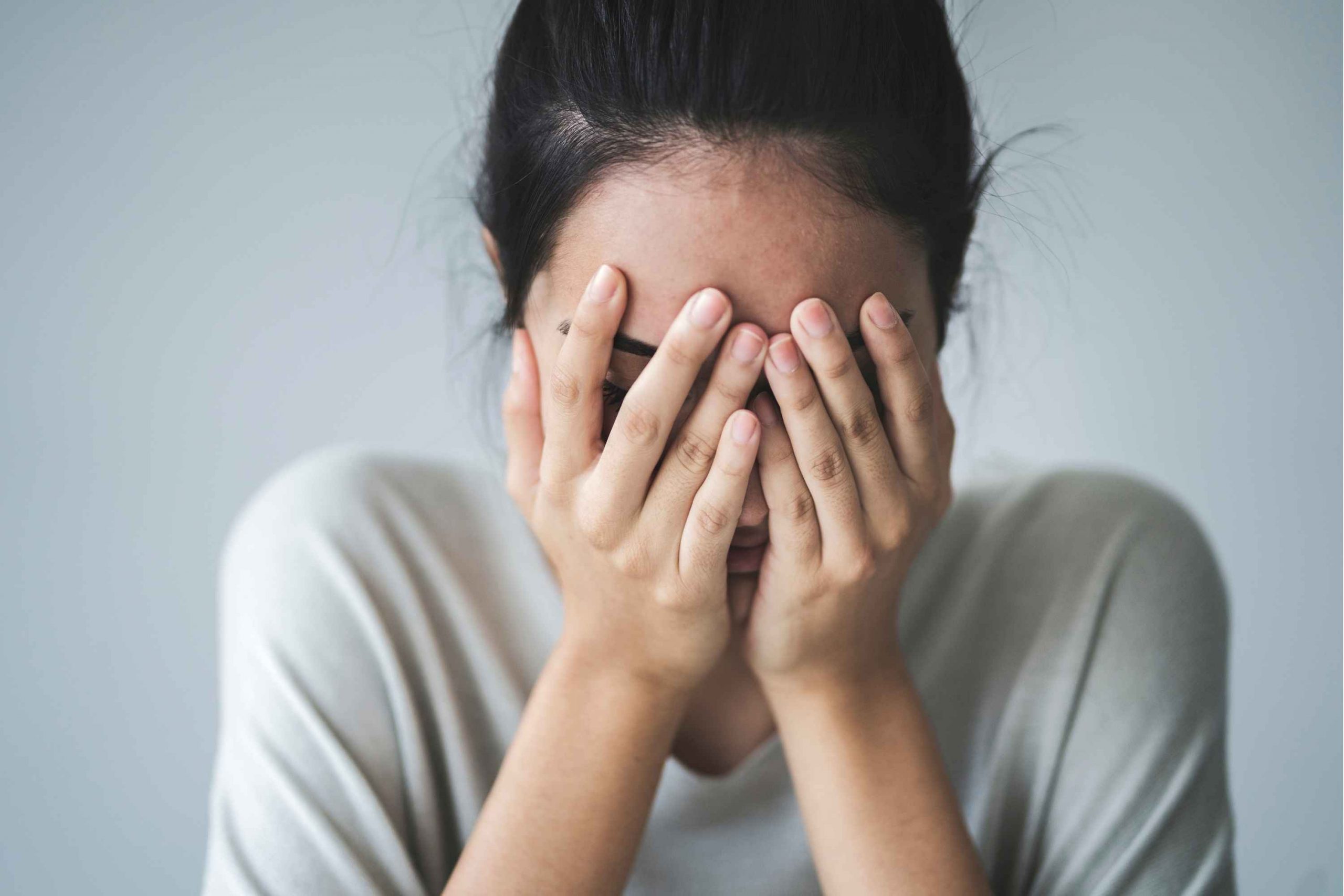
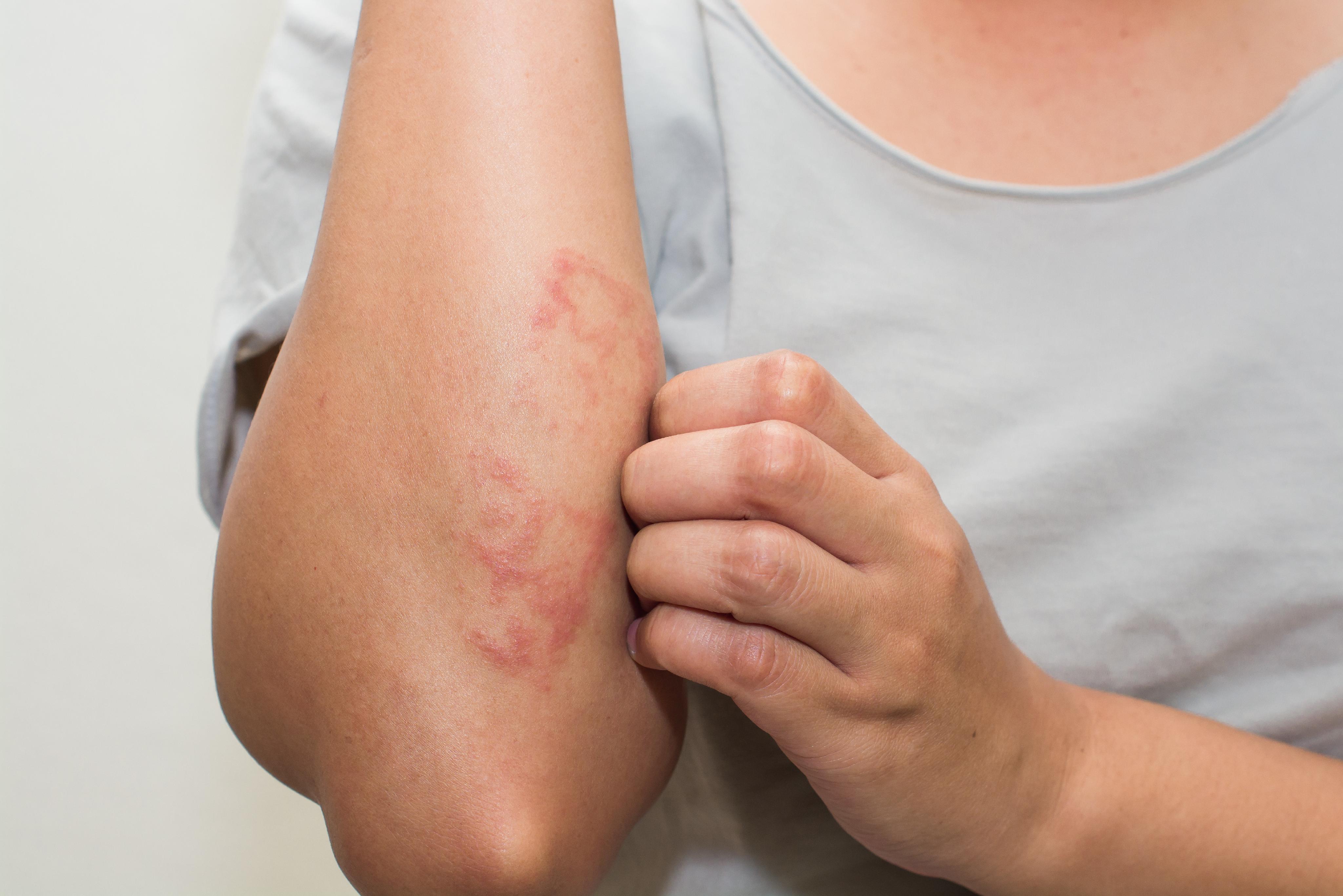
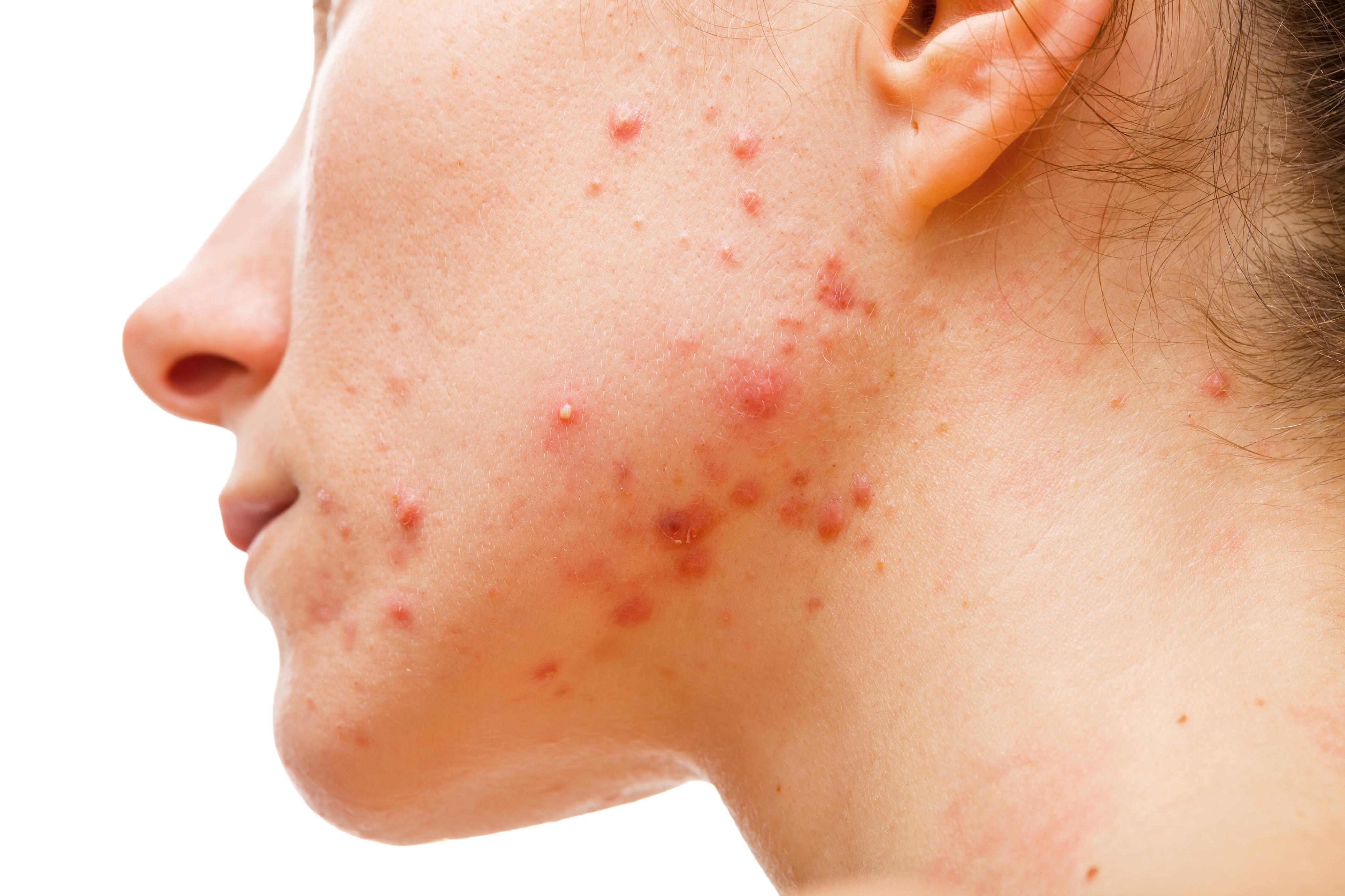
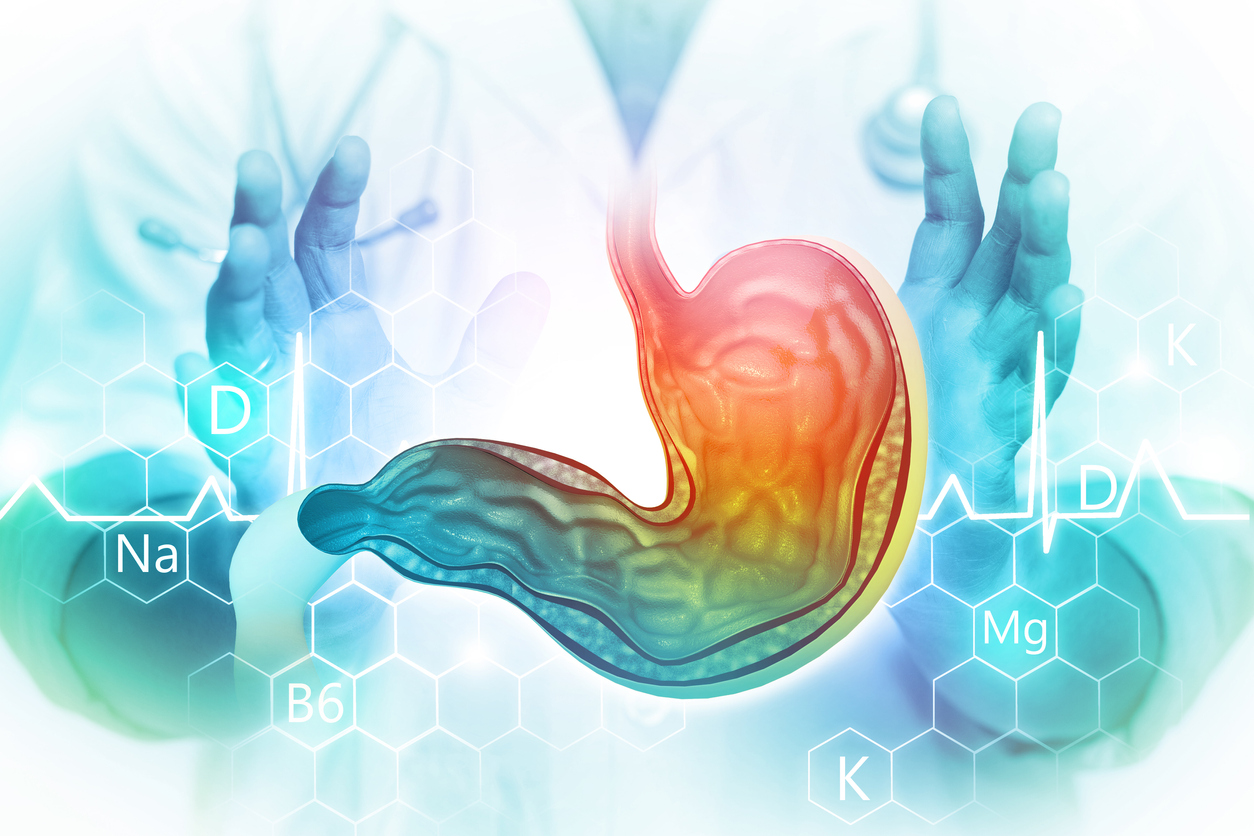
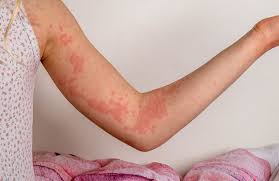
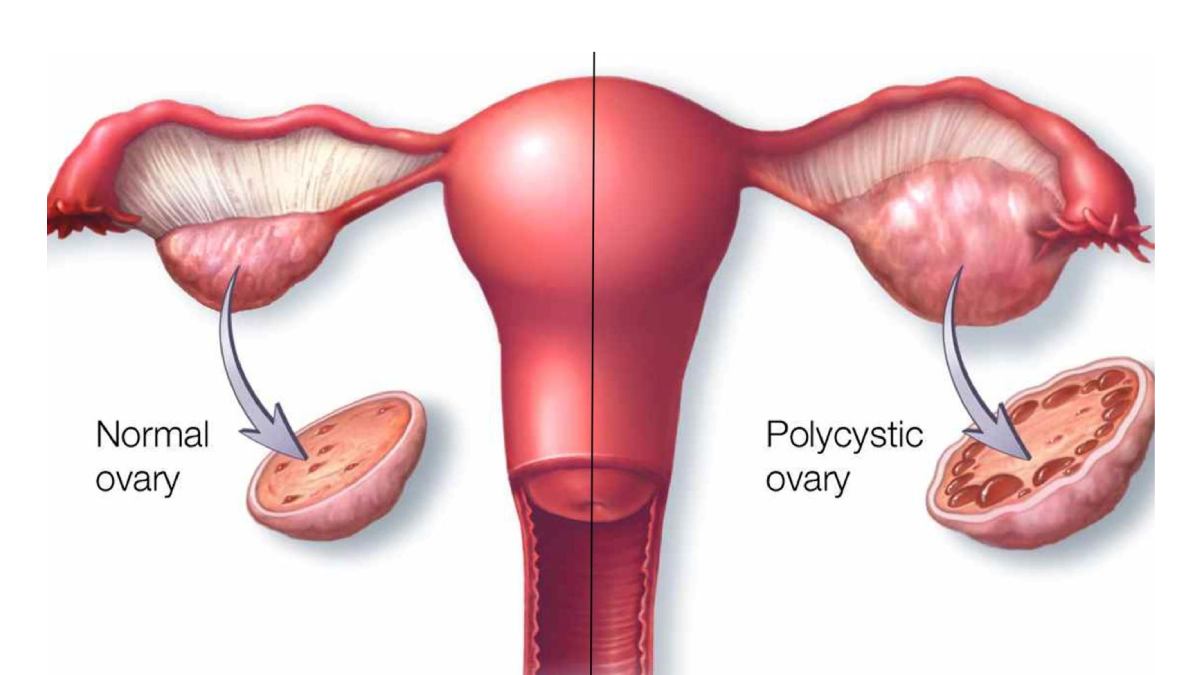
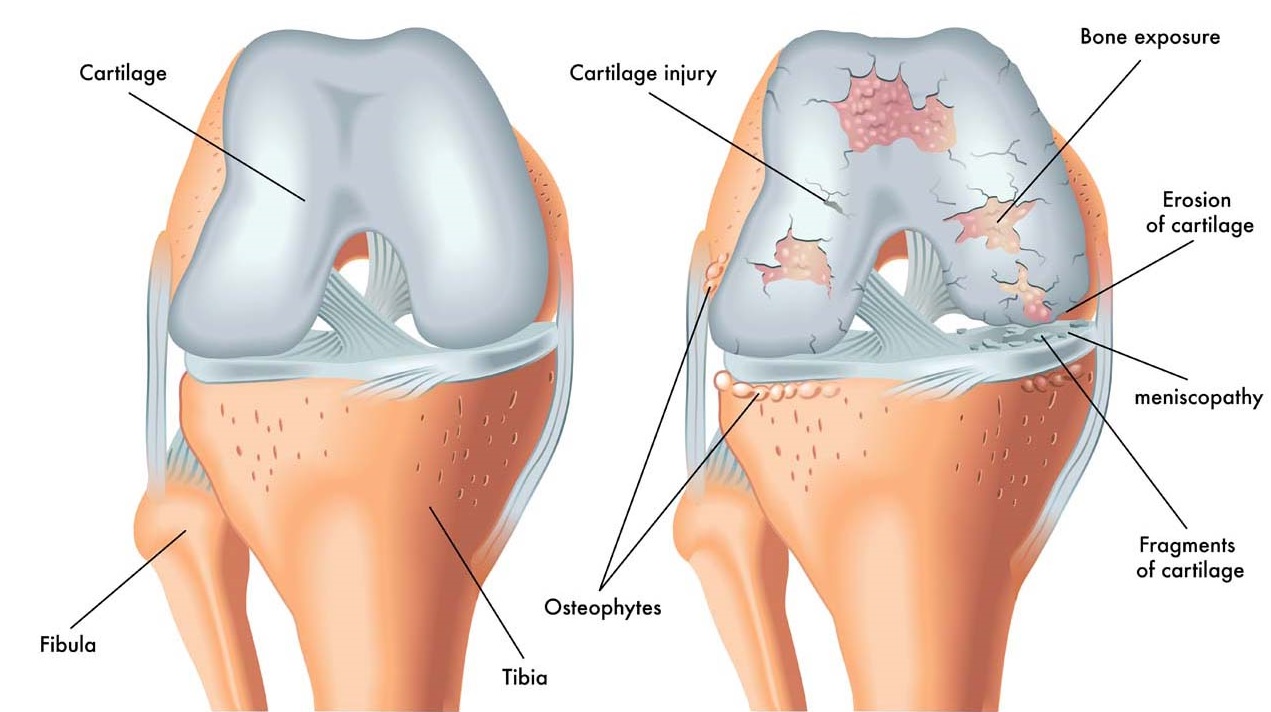
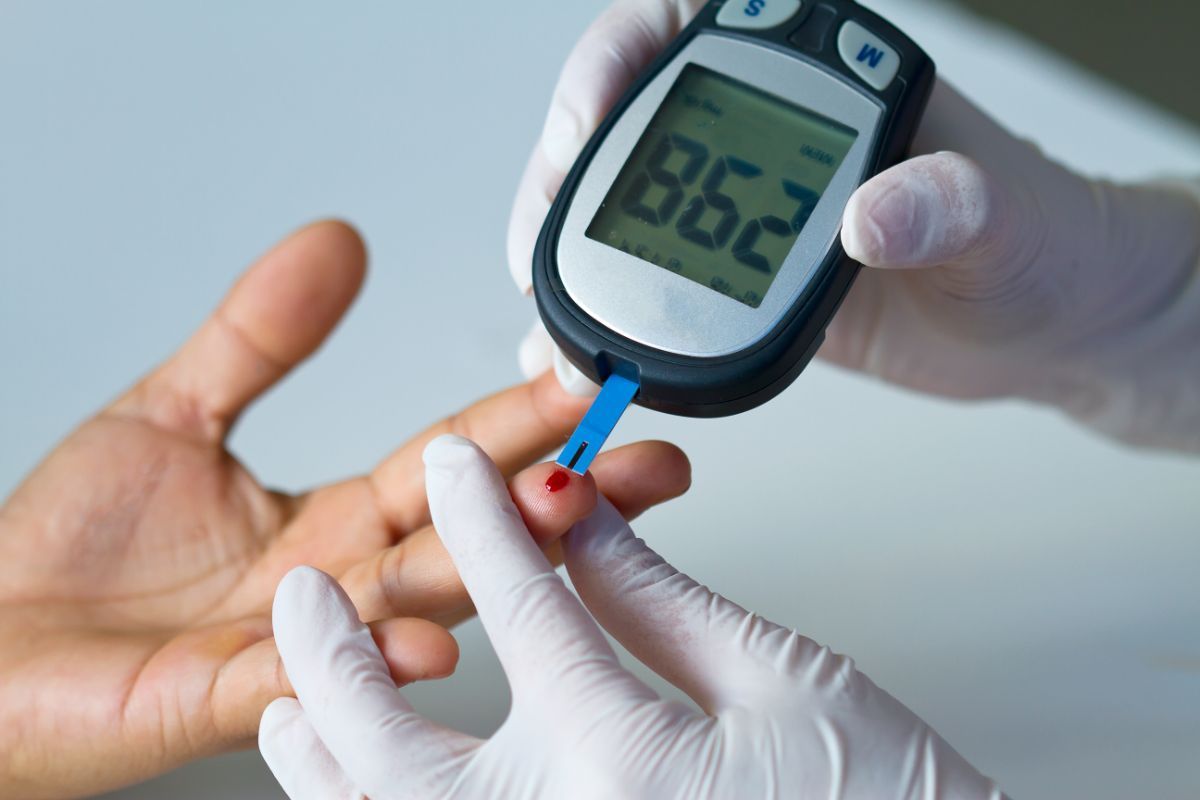
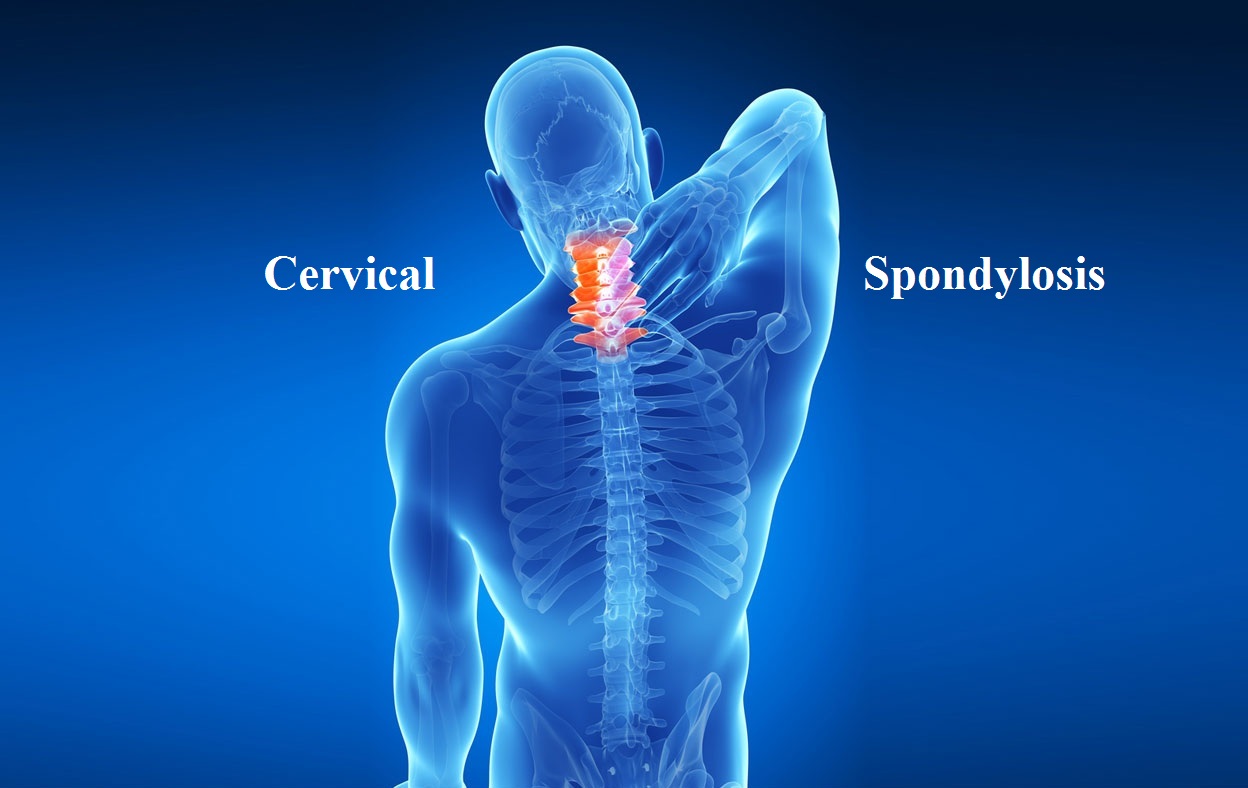
.jpg)

